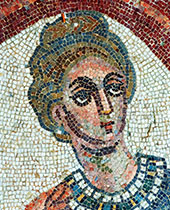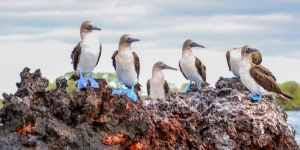trafitto da un raggio di sole:
ed è subito sera.
Everyone is alone at the heart of the earth,
pierced by a ray of sunshine;
and suddenly it’s evening.
This brief poem by Sicilian writer Salvatore Quasimodo (translated here by A.S. Kline) has appealing intensity; all of what it means to be alive is distilled into a few lines. You can feel the force of that ray of sunshine, both beautiful and terrible, and the sudden chill when it’s gone.
The poem also made me think of the dramas by Aeschylus and Pindar that were performed in Syracuse, Taormina and other cities across Sicily. Gods and humans, caught in their own power or hubris and plunged into misfortune. It’s easy to imagine ancient playgoers gathering in the Mediterranean sunshine, sitting on the warm stones of the theatre to watch these intense tragedies of light and darkness.
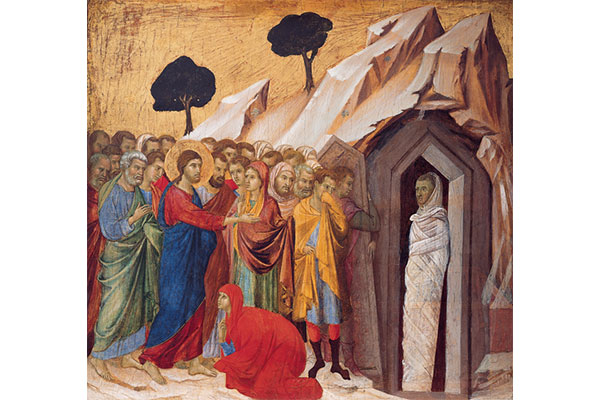
The Raising of Lazarus, by Duccio, 1310–11
Standing before Caravaggio’s painting of “The Raising of Lazarus” in Messina, writer Teju Cole surrenders to the power of another artist who rendered light and dark like no other. For Cole, being in the presence of the painting was one of those rare moments when “an artist’s careful attention and turbulent experience sedimented onto a stretched canvas, leaps out of the past to call you — to call you — to attention in the present, to drive you to confusion by drawing from you both a sense of alarm and a feeling of consolation, to bring you to an awareness of your own self in the act of experiencing something that is well beyond the grasp of language, something that you wouldn’t wish to live without.”
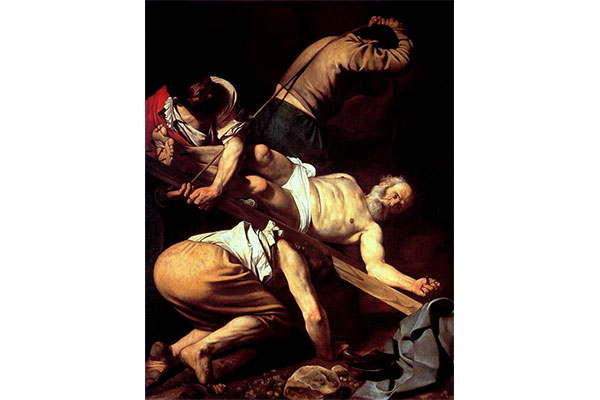
Martyrdom of St. Peter painting, by Caravaggio, 1600
Quasimodo’s poem, the Greek dramas, and the Caravaggio painting also seem to capture something about the experience of being in Sicily itself. Like so many islands, it’s absorbed—and is still absorbing—the stories, histories and cultures of other places into its own identity and distilled these influences to make the Sicily of today. To me, this process of distillation and concentration brings a power and intensity to the travel experience.

Ruins of the Greek Theatre of Syracuse
One of the delights of travelling in Sicily will be the discovery of its many past and present influences. We’ll reach out from this small island across time and space to the rest of Italy, the Mediterranean and beyond even as we are immersed in a place that is distinctly Sicilian. Along the way, we’ll read Lampedusa and Pirandello and visit their birthplaces, enjoy the island’s dramatic natural beauty, take expert-led tours of ancient ruins and Arab-Norman palaces, and savour bold food and unique wines, especially those produced around Mt. Etna.
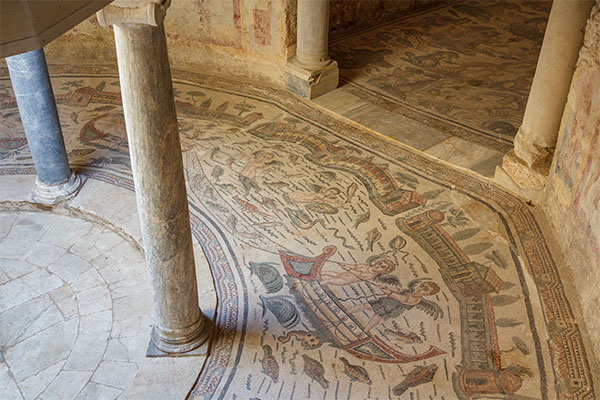
For the German polymath Johann Wolfgang Goethe, Sicily was the “clue to everything.” We’ll leave that for Italians to decide and instead invite you to join Classical Pursuits on a trip that will unlock Sicily’s boundless treasures.
Sicily: The Key to Italy
November 10 - 21, 2021 | Learn more
November 10 - 21, 2021 | Learn more


